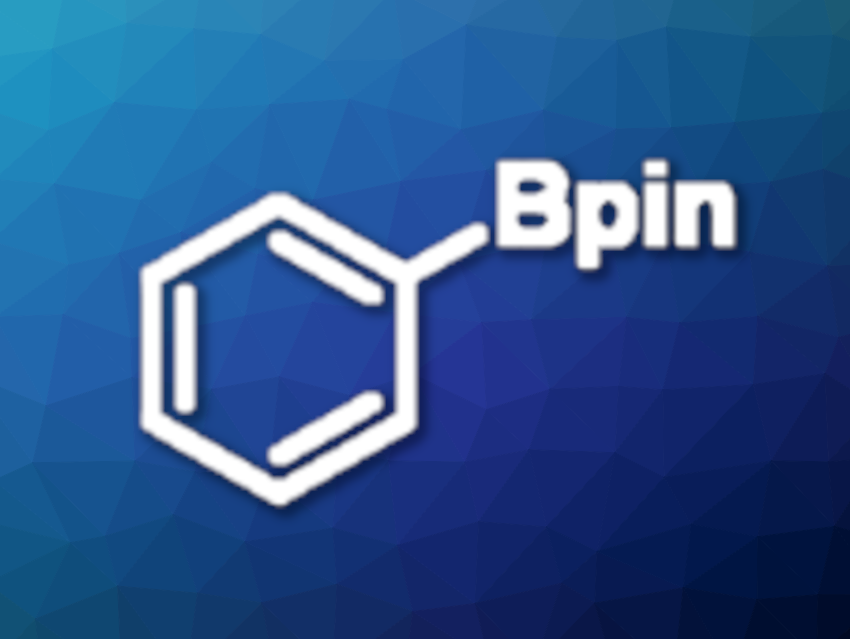Organoboron compounds are useful intermediates in organic synthesis, e.g., for coupling reactions. Aryl pinacol boronic esters (Ar–Bpin) are often used. They can be obtained via the borylation of aryl halides. However, commonly used approaches for this require superstoichiometric amounts of a base, which limits the substrate scope. Thus, methods for base-free borylations are interesting research targets.
Kami L. Hull, The University of Texas at Austin, USA, and colleagues have developed a method for the base-free, palladium-catalyzed borylation of aryl iodides or bromides using zinc as a promoter for halide abstraction. The team reacted a variety of aryl halides with bis(pinacolato)diboron (B2pin2) in the presence of PdCl2 and Zn(OTf)2 (zinc triflate), using N,N-dimethylacetamide (DMA) as the solvent. The reactions were performed at 80 °C.
Under these conditions, these desired borylated products were obtained in mostly moderate to good yields. The team found that the zinc triflate promotes halide abstraction from an intermediate palladium complex, giving a [Pd(II)]+-based complex that then reacts with B2pin2. Based on this mechanism, the researchers added NaBArF4 (sodium tetrakis[3,5-bis(trifluoromethyl)phenyl]borate), which stabilizes the electron-deficient [Pd(II)]+-complex and improves the yield for substrates that are electron-deficient arenes. The transformation tolerates a variety of functional groups and could serve as a complementary strategy to borylations under basic conditions.
- Base-Free Borylation of Aryl Halides Enabled by Zn-Promoted Halide Abstraction,
Brittany L. Gay, Lauren A. Prendeville, Ya-Nong Wang, Kami L. Hull,
Org. Lett. 2024.
https://doi.org/10.1021/acs.orglett.4c03821




